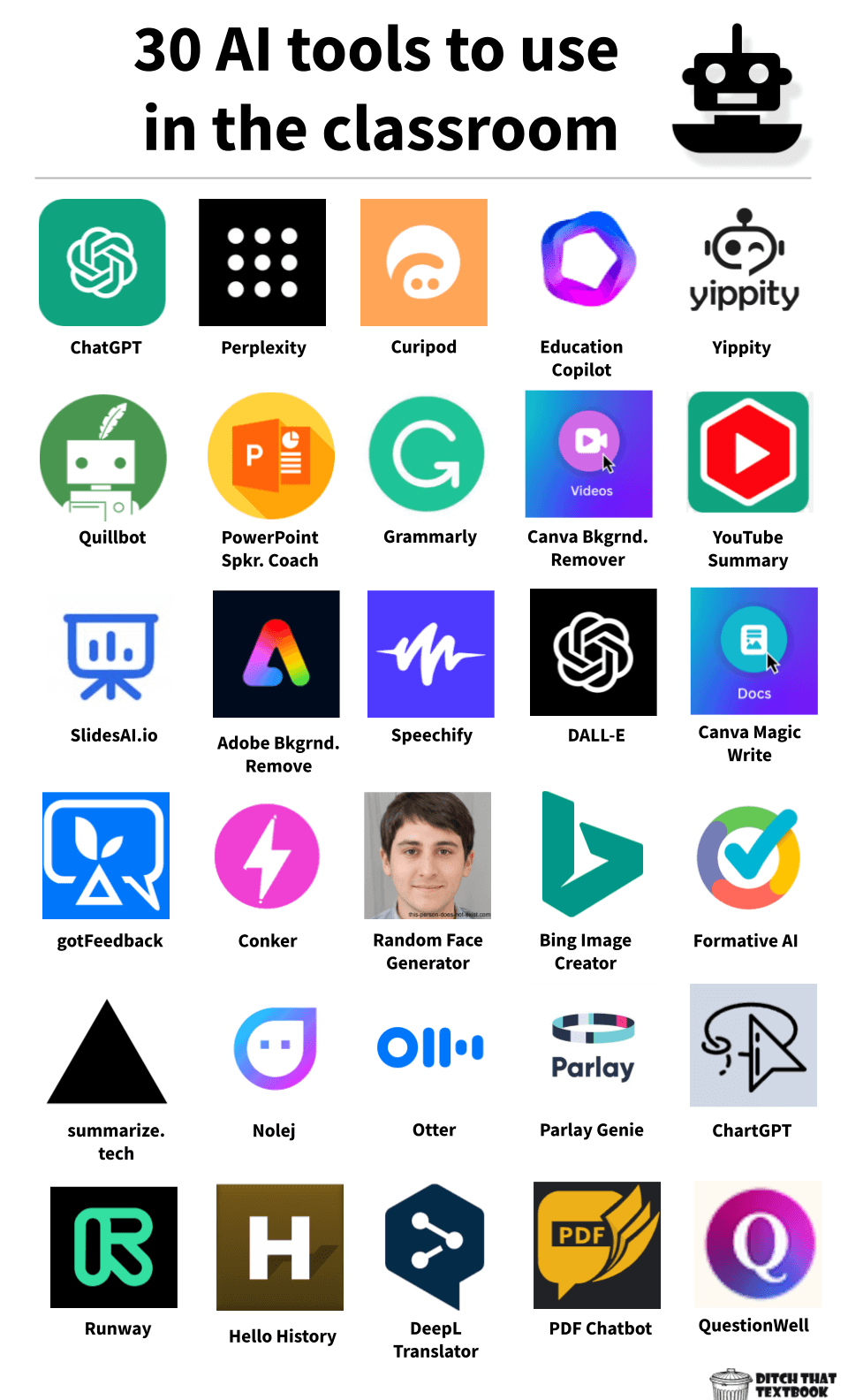Post-Opt-Out: How Google Uses Web Content For AI Training

Table of Contents
The Scope of Google's Web Data Collection
Google's web crawling and indexing activities are vast and unparalleled. The sheer volume of data collected is staggering, forming the bedrock of many of its services, including search, maps, and increasingly, its AI models.
- Massive Scale: Google's web crawlers, like Googlebot, constantly scan billions of web pages, indexing text, images, code, and other forms of digital content. This continuous process results in an enormous dataset used to train various AI models.
- Data Types and AI Applications: The collected data fuels a wide range of AI applications. Text data is used for natural language processing (NLP) models, powering features like Google Translate and smart assistants. Images are used to train image recognition systems, while code helps improve software development tools. This broad spectrum of data collection underpins much of Google's AI innovation.
- Google's Public Statements and Opt-Out Limitations: While Google publicly acknowledges its use of web data for AI training, its statements often fall short of providing complete transparency. The company emphasizes the anonymized nature of the data, but the limitations of its opt-out mechanisms raise significant questions about the effectiveness of user control over their data.
Understanding "Opt-Out" Limitations
Google provides users with various options to manage their data, including opting out of certain data collection programs. However, even after opting out, the limitations are significant regarding data used for AI training.
- Data Still Collected Post-Opt-Out: Even with opt-out selected, Google may still retain and utilize data that's already been collected and incorporated into its AI models. The act of opting out is not retroactive.
- Technical Challenges of Data Removal: Completely removing data from already-trained AI models is technically challenging, if not impossible. The data becomes intertwined within the model's architecture, making complete removal impractical.
- Examples of Persistent Data Usage: Information like publicly available blog posts, comments on forums, or even publicly accessible profile information might still be used in AI training, regardless of opt-out settings. This persistent use of data after opt-out is a key aspect of the Post-Opt-Out debate.
Ethical and Privacy Implications of Post-Opt-Out Data Usage
The ethical implications of using web content for AI training without explicit, ongoing consent, especially post-opt-out, are significant.
- Ethical Dilemmas of Implicit Consent: The practice raises questions about implicit versus explicit consent. Is simply making information publicly available enough to grant Google permission to use it for AI training, especially considering the lack of control users have after opting out?
- Bias in Training Data and AI Fairness: The data Google collects reflects existing societal biases. These biases, if not carefully mitigated, can be amplified in AI models, leading to unfair or discriminatory outcomes. This highlights the crucial need for more ethical data collection practices.
- Privacy Risks and Data Re-identification: Even with anonymization, there's a risk of re-identification, where personal information can be pieced together from seemingly anonymous data points. This potential for re-identification presents a significant threat to user privacy.
The Role of Data Anonymization and Privacy-Preserving Techniques
Google employs various data anonymization and privacy-preserving techniques, but their effectiveness is debatable.
- Data Anonymization Strategies: Techniques like differential privacy and data aggregation aim to protect user identity while still allowing data to be used for AI training.
- Limitations of Anonymization: However, these methods are not foolproof, and breakthroughs in data analysis could potentially reverse anonymization efforts.
- Transparency and Accountability: Greater transparency and accountability are necessary to ensure Google's data handling practices align with ethical standards and respect user privacy. Independent audits and more rigorous public reporting are crucial.
The Future of AI Training Data and User Privacy
The ethical use of web data for AI development is a contentious topic with profound implications for the future.
- Ongoing Debate and Ethical Considerations: The debate will continue as AI systems become more powerful and reliant on vast datasets. Ethical guidelines and regulations are needed to ensure responsible innovation.
- Legislative and Regulatory Responses: Governments worldwide are starting to address privacy concerns related to AI training data, with new regulations likely to emerge.
- Alternative AI Training Methods: Exploring alternatives like synthetic data generation, which creates artificial datasets for training, or federated learning, which trains models on decentralized data without transferring it to a central server, could mitigate privacy concerns.
- Informed Consent and User Control: Ultimately, greater emphasis should be placed on informed consent and providing users with more meaningful control over how their data is used for AI training.
Conclusion
Understanding the implications of "Post-Opt-Out" is crucial for navigating the evolving landscape of AI and data privacy. Google's use of web content for AI training, even after users opt out, raises significant ethical and privacy concerns. Current opt-out mechanisms have limitations, and the potential for bias and data re-identification remains. Learn more about how to protect your online privacy and advocate for responsible AI development practices. Stay informed about Google's data policies and participate in the ongoing conversation around AI training data and user rights. Further research into Post-Opt-Out data usage is encouraged to promote responsible innovation.

Featured Posts
-
 Darjeeling Traffic Congestion Causes And Solutions
May 04, 2025
Darjeeling Traffic Congestion Causes And Solutions
May 04, 2025 -
 Ufc 314 Fight Card Opening Betting Odds And Predictions
May 04, 2025
Ufc 314 Fight Card Opening Betting Odds And Predictions
May 04, 2025 -
 Court Hands Down 53 Year Sentence In Hate Crime Against Palestinian American Family
May 04, 2025
Court Hands Down 53 Year Sentence In Hate Crime Against Palestinian American Family
May 04, 2025 -
 Ufc On Espn 67 Results Sandhagen Vs Figueiredo Full Fight Card Breakdown
May 04, 2025
Ufc On Espn 67 Results Sandhagen Vs Figueiredo Full Fight Card Breakdown
May 04, 2025 -
 Fresh Texts Leak Farage And Lowe In Explosive Clash
May 04, 2025
Fresh Texts Leak Farage And Lowe In Explosive Clash
May 04, 2025
